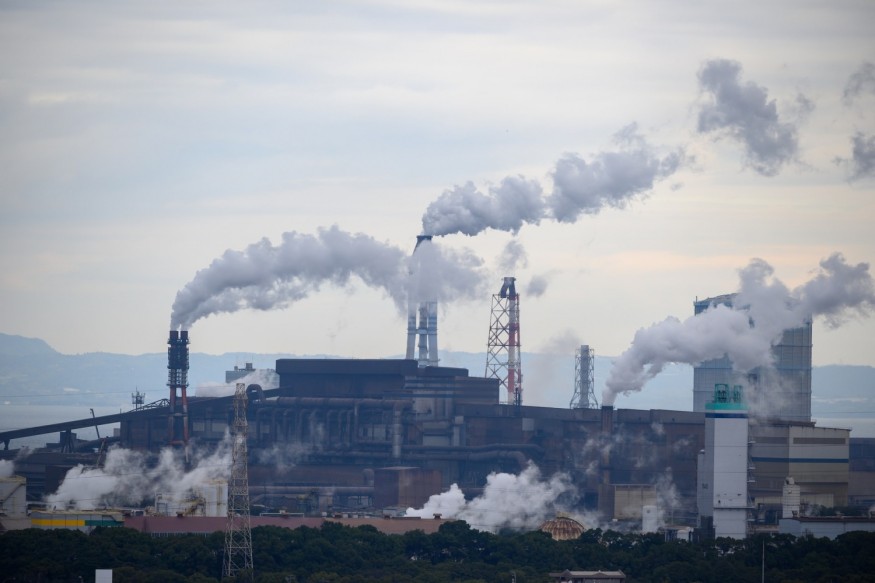
In the contemporary world of technological innovations, the need for energy has become greater than ever before. In today's world where humans rely on technology to drive the day-to-day running of human existence, the world cannot afford a shortage of energy. Energy is critical in saving lives and ensuring an equitable distribution of earth's resources for growth. Energy has become expedient in maintaining good standards of living and enabling the actualization of global developmental goals.
One of the most popular forms of energy is electric energy. In the contemporary world, electricity is used for transport services, cooking, space heating and cooling, telecommunications and so on. It also improves worker productivity and helps in simplifying tasks. However, as the crave for energy heightens, so does the need to ensure that the source of energy is cleaner and devoid of potential harm to humans, animals and the ecosystem.
Cleaner and well managed energy ensures the protection of human health and safety (physical and mental) as well as environmental health and safety. It is in line with the United Nations' sustainable development goals. Now, the tagline changes a little: from seeking adequate energy to run the world, to generating cleaner energy that can power the world, without jeopardizing its continued existence, biodiversity and ecosystems.
No doubt, the demand for energy has risen in recent times and is set to rise even higher in future. This has been validated by the International Energy Agency (IEA)'s recently published 2023 Oil report, projecting global demand for petroleum climbing by 2.2 million barrels per day this year and to a new record 105 million barrels per day of oil demand in 2028. This is a remarkable departure from the scenario IEA laid out in its Net Zero by 2050 report just two years ago where oil demand had peaked in 2019 at 100 million barrels per day and would decline to around 75 mn barrels per day in 2030.
EnerGeo is an alliance that focuses on advancing global access to cleaner energy by engaging with governments and regulatory bodies. EnerGeo provides them with credible technical, scientific, and legal analysis needed to protect the environment and develop cleaner and essential energy supplies. The EnerGeo Alliance does this by establishing strong relationships with the leadership of the global energy exploration and geoscience industries. It also collaborates with related regional and international trade associations and organizations towards enhancing industry advocacy effectiveness. It also provides industry positions on emerging regulatory issues.
President of EnerGeo, Nikki Martin, says the EnerGeo Alliance advocates for energy policies that prioritize geoscience data. According to Martin, EnerGeo Alliance is also the front-runner for facilitating continuous promotion and improvement of Health, Safety, Environment and sustainability (HSE&S), technological innovation, operations and social responsibility. She says the alliance prides itself as the global forum for industry thought leaders. She also refers to EnerGeo as the favored source for credible and authoritative information for the energy geoscience industry.
"Some people in developing countries are still burning biomass. They're using animal dung and kerosene, while we know for a fact that these things are responsible for millions of deaths every year. At the center of these dangers are women and their children. The EnerGeo Alliance provides solutions to revolutionize energy evolution. This alliance and its member companies span more than 50 countries, representing the onshore and offshore geoscience companies, innovators and energy developers that use earth science to sustainably discover, develop and deliver energy and lower carbon energy solutions to meet our growing world's needs.
"The issue of cleaner energy is something that we can't afford to take for granted, because it does really impact every other aspect of our lives. Today, 30% of the world still does not have access to cleaner fuels for cooking, and 10% of the world still doesn't have access to electricity. Which is why EnerGeo Alliance is strongly opposed to measures that reduce access to affordable and reliable sources of energy such as recent actions taken by the Biden Administration in private agreement with environmental activists to remove, without basis, an enormous area of the Gulf of Mexico (GOM) from leasing. EnerGeo believes this curtails ongoing and future petroleum and natural gas activities in the GOM where, interestingly, some of the cleanest and lowest emission barrels in the world are produced," she states.
Martin reveals that EnerGeo is inviting stakeholders to become members of its Alliance, in order to support the body's efforts in expanding its global presence. According to her, this will help in implementing the body's effective strategies and position the energy exploration and geoscience industry for bigger future successes.
© 2026 ScienceTimes.com All rights reserved. Do not reproduce without permission. The window to the world of Science Times.












